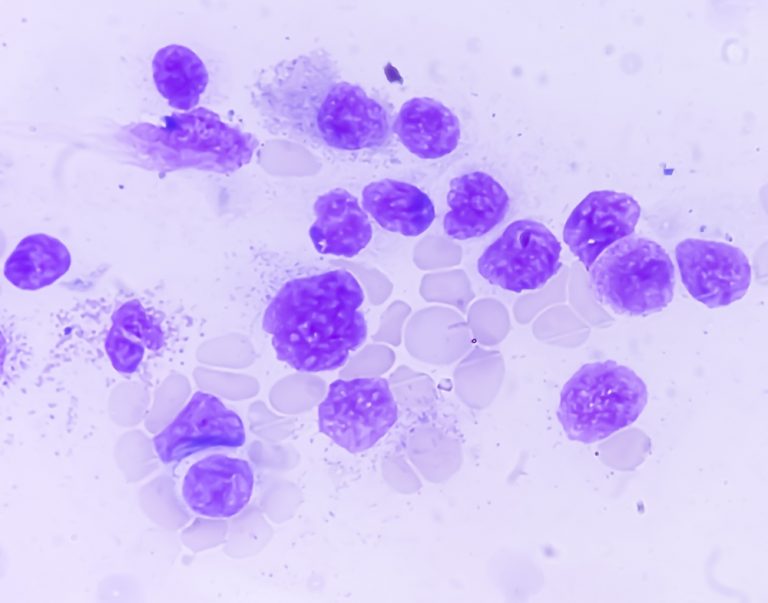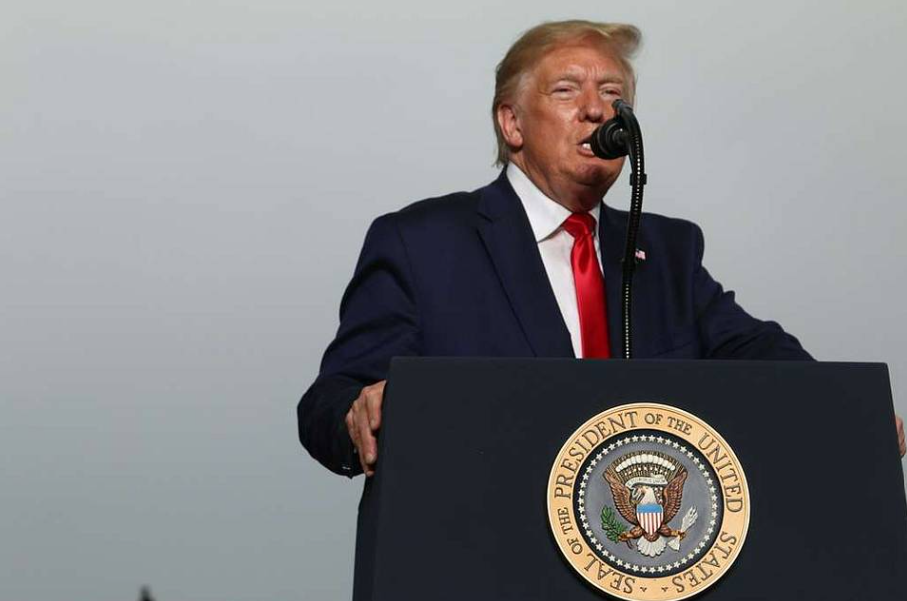A groundbreaking study led by Professor Kwang-Hyun Cho at the Korean Advanced Institute of Science and Technology has demonstrated the potential to revert cancer cells back into normal cells. Using a digital model of cell development, researchers focused on colorectal cancer and identified molecules called “master regulators” (MYB, HDAC2, and FOXA2) responsible for the transformation of normal cells into cancerous ones. By inhibiting these regulators, they successfully converted cancer cells into normal-like cells.
The research, published in Advanced Science, was confirmed through experiments on mice with tumors, marking a significant milestone in cancer treatment. Unlike traditional therapies like chemotherapy or radiotherapy, which destroy cancer cells but often cause severe side effects, this method offers the possibility of reversing cancer without harming surrounding tissues.

Professor Cho described the findings as revolutionary, stating, “The fact that cancer cells can be converted back to normal cells is an astonishing phenomenon.” The study introduces the concept of reversible cancer therapy, which could fundamentally change treatment approaches for various types of cancer.
This discovery opens up exciting possibilities for more effective, less invasive cancer treatments, paving the way for further research into how different cancers can be targeted using this innovative method.




